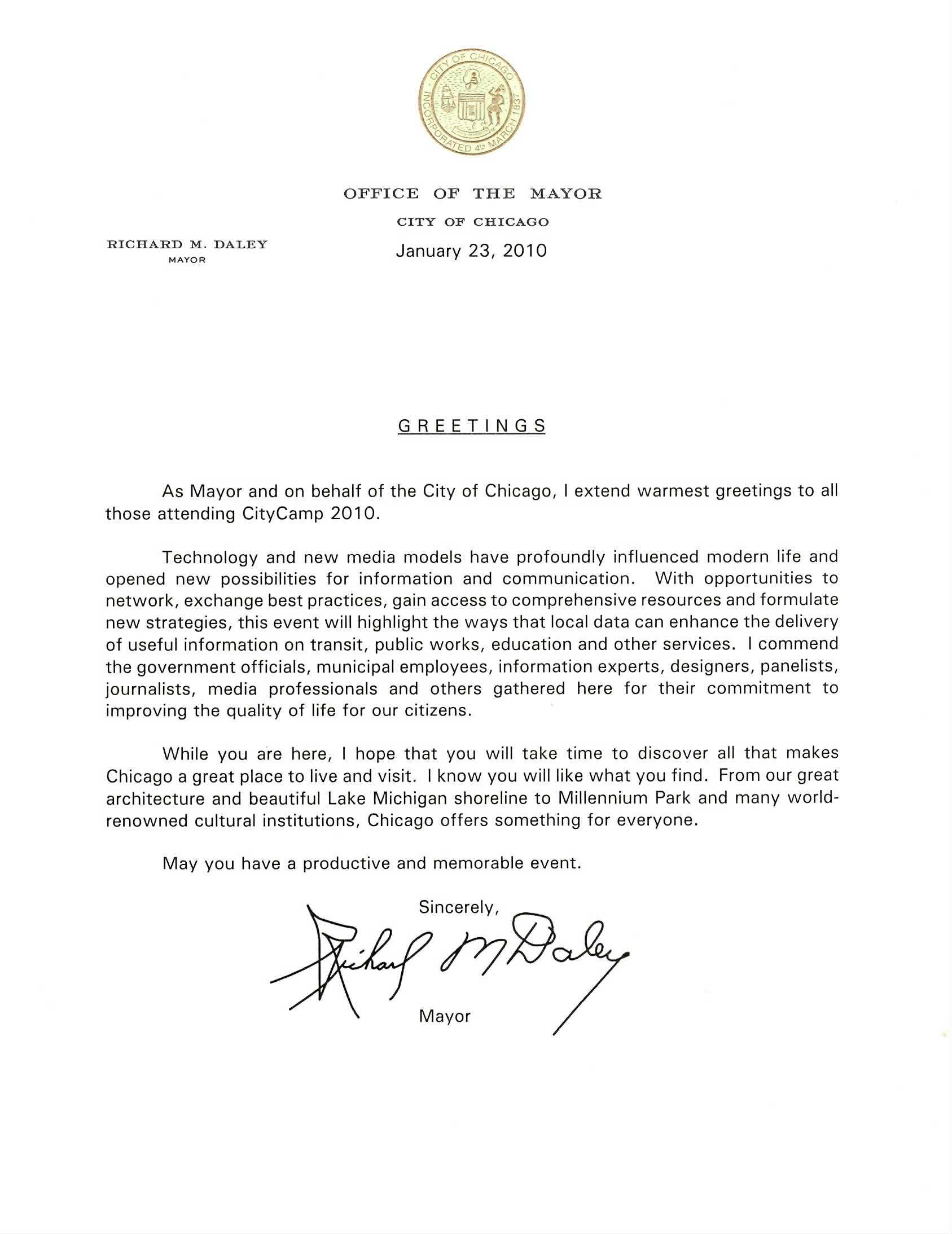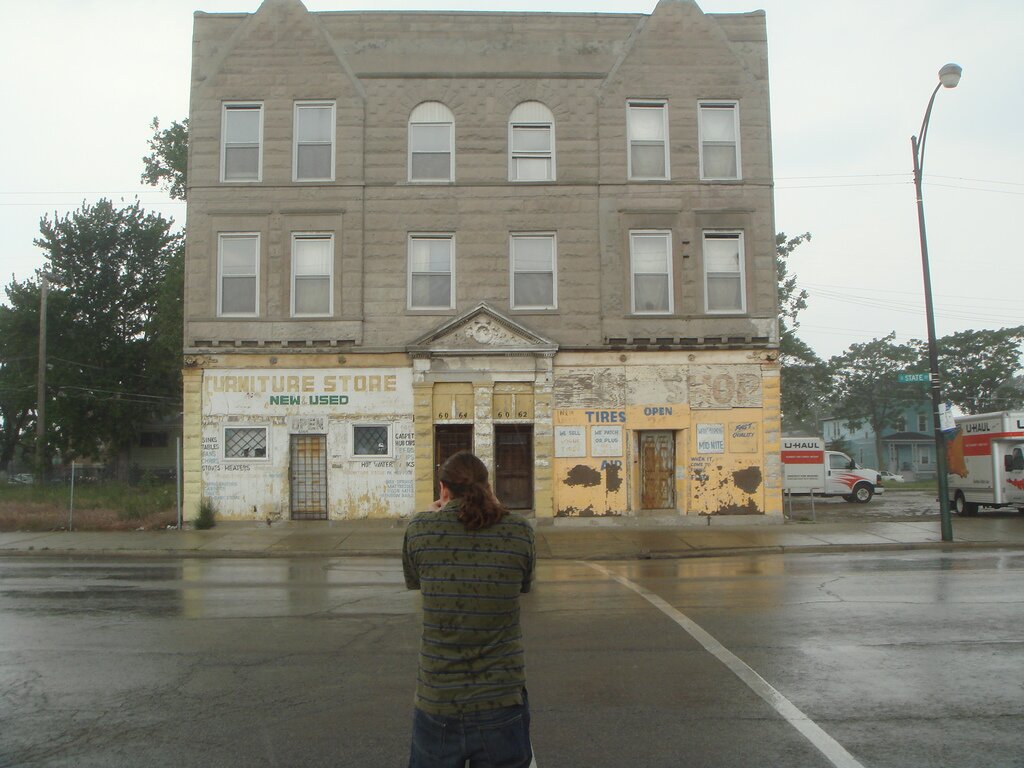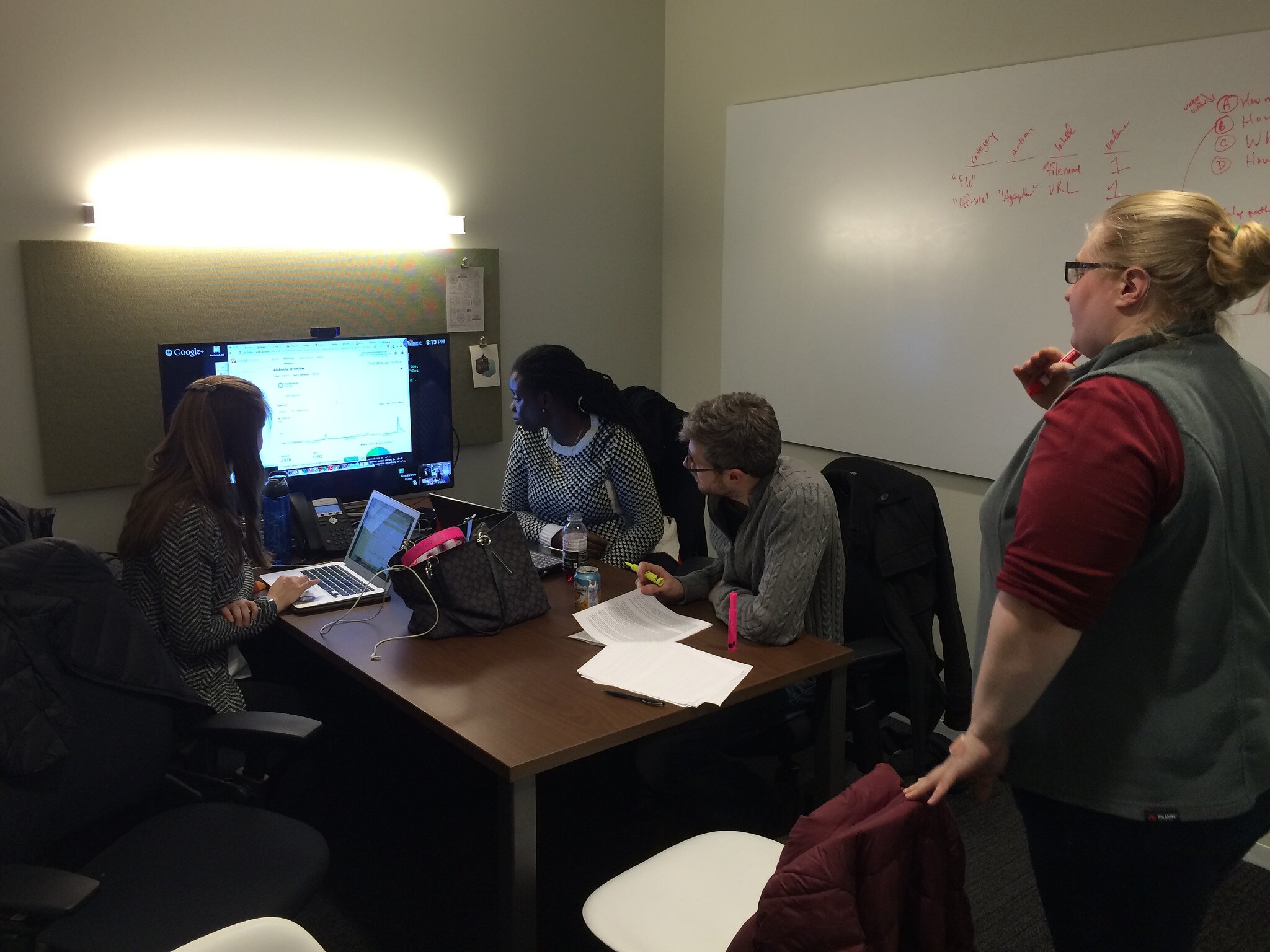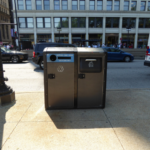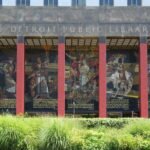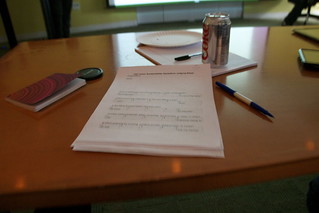
Recently I helped out in judging for the Urban Sustainability Hakathon hosted by the Center for Neighborhood Technology (CNT). The event focused on a subset of the data available from the City of Chicago data portal under sustainable development, energy, transportation, water, buildings, parks/ open space/ food access, and climate.
It was a really great event. I haven’t been at a hackthon since the Knight-Mozilla-MIT “Story and Algorithm” Hack Day back in June, and it has been even longer since I’ve been to a local hackathon. CNT wrote a comprehensive blog post about the event. They have details on all six entrants, including the winner (Edifice) and the two runner-ups (Jitney Driver and Hidden Value in Abandoned Property).
Here’s some thoughts:
Community matters
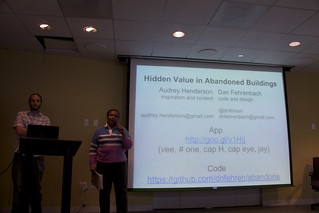
The great value of this event is the community that results from people meeting and working together. A great example is the Hidden Value in Abandoned Property team of Audrey Henderson and Dan Fehrenbach. Derek Eder made a great tool for viewing reports of vacant and abandoned buildings, but Audrey had a great idea for this data that goes beyond just seeing the data on a map by pairing it with other data that shows its value. She met a great CNT developer in Dan and they executed on a beta of the idea. That kind of connection is worth everything in this world.
Policy is implicit in apps
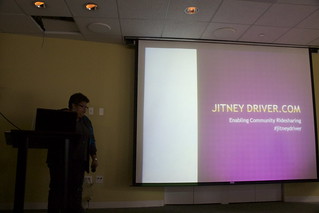
I was impressed by the team and the thinking behind Jitney Driver. Paula Robinson led us through a presentation about the social and economic benefits of jitney drivers. She referenced August Wilson’s play Jitney, play is set in a worn-down gypsy cab station in Pittsburgh, Pennsylvania, in early autumn 1977. Since I actually lived in Pittsburgh in 1977, and well-remember the idea of jitney cabs.
She spoke of how shared rides lead to more connection among neighbors, how jitney driving could lead to local jobs and keeping money in the neighborhood, and how this type of service could fill an existing gap in transportation service. Some in the panel and audience talked about how this plays within the licensing requirements of the City, and even talked about whether we would be customers of such a service.
It was a refreshing example of people coming together to talk about how technology can affect a wide range of areas in society.
Civic Data is Big Business
The winner of the contest was Edifice, created by Cory Mollet and Juan-Pablo Velez. It is a great example of a product that pulls together a series of free things (four types of public data, Open Street Map, Tile Mill, and so on) in a way that creates a whole lot of value. It’s a good reminder that mining public data can lead to great businesses. I have high hopes for Edifice and the entire civic innovation industry here in Chicago.
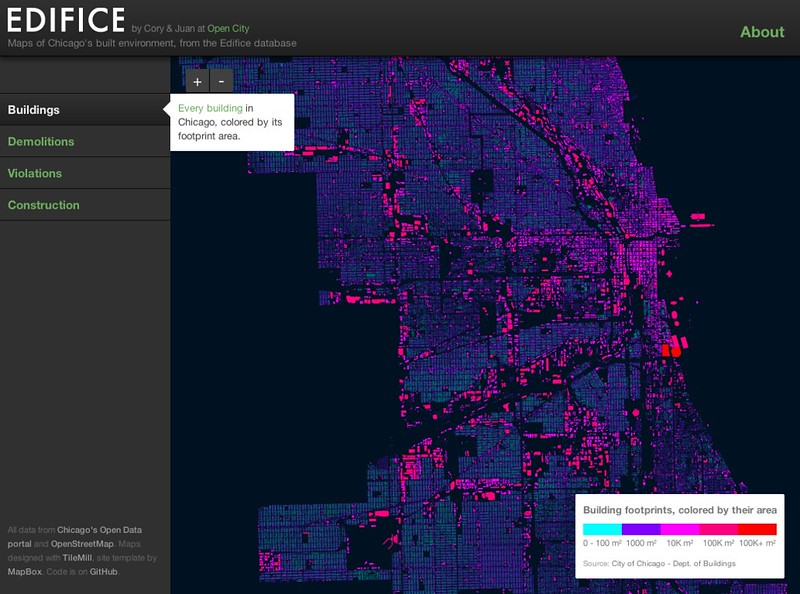
Here’s a complete set of photos I took during the wrap-up of the hackathon. Congratulations to all participants– keep it up, and consider taking part in the Illinois Open Technology Challenge.
